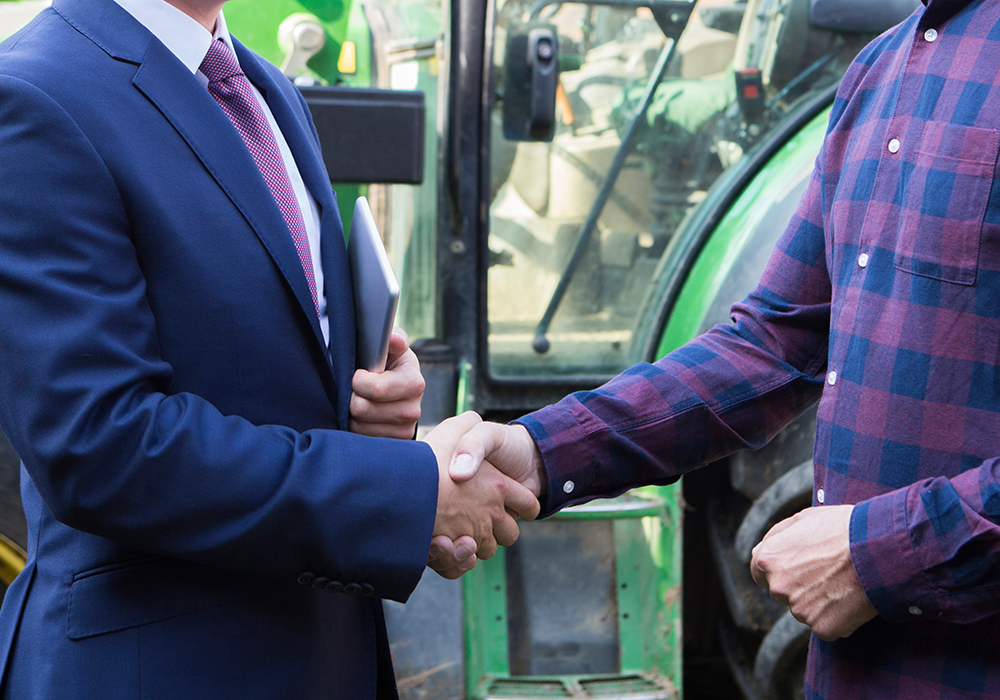Senior officials reject recent complaints that government and industry often don’t work co-operatively with each other
Government departments, agricultural industries and farmers aren’t stuck in siloes but are working well together, senior federal officials have assured Canadian agriculture policy leaders.
“We’ve actually worked extremely closely and effectively together, and I think that is critical,” said John Hanford, deputy minister of international trade, speaking to a Canadian Agricultural Policy Institute conference.
Harpreet Kochhar, assistant deputy minister of Health Canada, expressed the same idea about how Canada’s agri-food industry and governments have handled the COVID-19 crisis.
“Despite the challenge, the pandemic has inspired collaboration and innovation across disciplines… each working together to find timely solutions to very, very complex problems,” said Kochhar.
Read Also

Farming Smarter receives financial boost from Alberta government for potato research
Farming Smarter near Lethbridge got a boost to its research equipment, thanks to the Alberta government’s increase in funding for research associations.
Those senior federal government managers and three others on the same panel pushed back against the idea, contained in a CAPI paper and expressed by some of its members, that government departments, different governments and elements of the agri-food industry are still sometimes stuck in siloes and don’t work as co-operatively as they should be.
“Future success will require a cultural shift in institutions to encourage multi-disciplinary approaches to research, build strong linkage between science, scientists and social scientists and sectors,” said Ted Bilyea, CAPI’s chief strategy officer.
“Canada’s agri-food system, including industry actions and government policies, has become reactionary, responding to outside pressures rather than setting its own ambitious agenda.”
The civil servants said they take a “whole of government approach” to dealing with agri-food issues.
“I think we have a strong foundation of collaborative work,” said Chris Forbes, deputy minister of Agriculture Canada.
“We do a pretty good job.”
Simon Kennedy, the deputy minister of Innovation, Science and Technology said departments look for “cross-sectoral abilities.
He pointed to the government’s creation of “superclusters,” including the prairie-based protein supercluster, as an example of pulling various elements of the agri-food system together.
Bilyea said CAPI thinks co-operative and collaborative work is vital for Canada if it wants to achieve its agri-food goals and potential.
“Future resilience and sustainable growth will require the agri-food system to accelerate productivity gains, improve environmental outcomes and provide solutions to climate change with sustainable intensification,” said Bilyea.
“The ability to make good choices will be determined by our readiness in terms of having good strategies and policies in place, our ability to adopt a systems approach in all we do, and establish meaningful public-private partnerships. All require aspirational leadership from all sectors.”


















